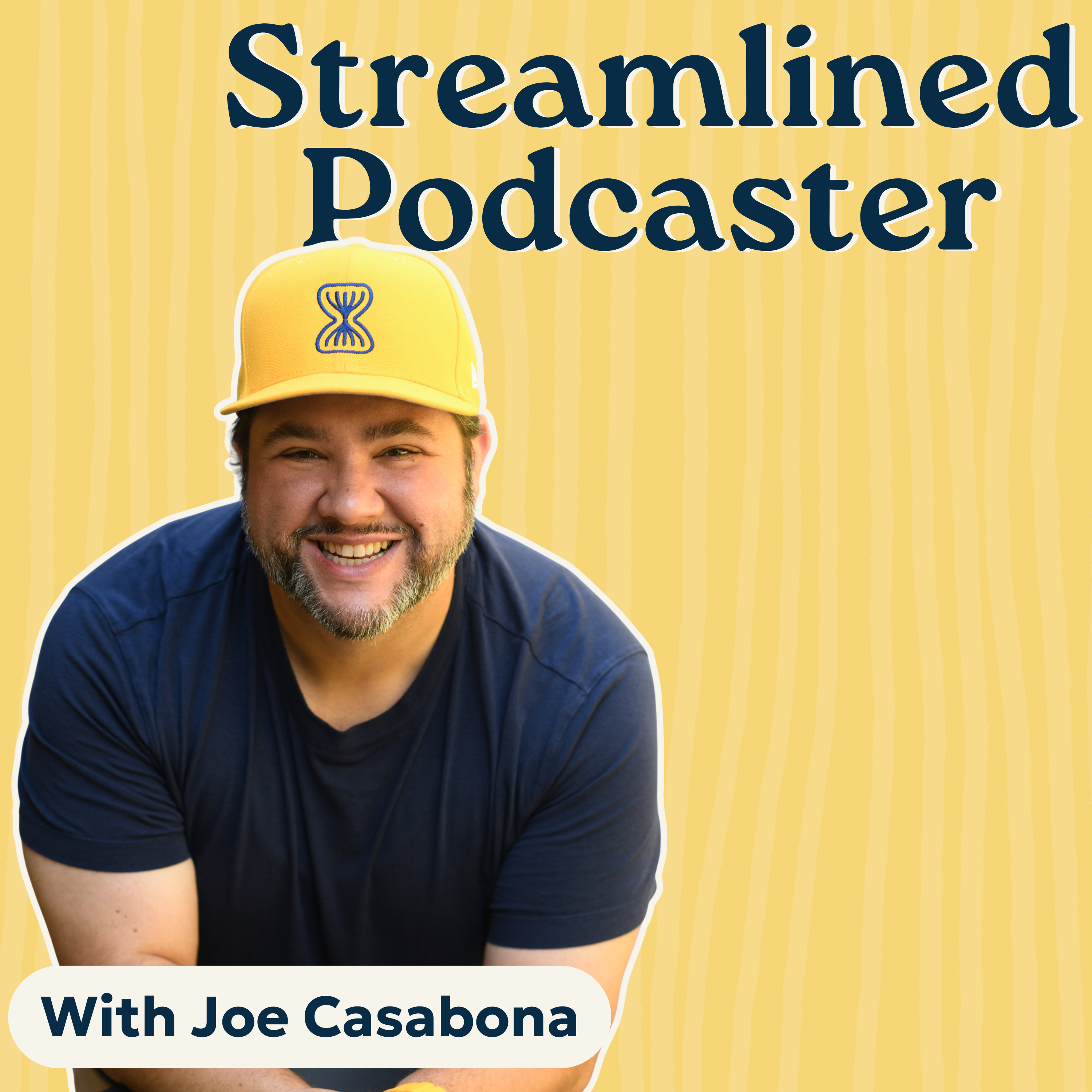
Podcasting Made Simple
Podcasting Made Simple is the premier podcast about podcasting! We’re here to help podcast guests and podcast hosts reach more listeners and grow their income so they can change more lives! Join Alex Sanfilippo and other podcasting industry experts as they share how you can level up on either side of the mic! (Show notes and resources: https://PodMatch.com/episodes)
Podcasting Made Simple
How to Sell Your Podcast | Anjel B. Hartwell
Have you ever wondered what it would take to sell your podcast? For most of us, selling a podcast seems like an impossible task. But that’s not the case. In fact, it's not only possible to sell your podcast, but there's also a path to follow to make it happen! In this episode, Anjel B. Hartwell shares the 7 crucial steps she took to sell her podcast. Get ready to uncover what it takes to begin positioning your podcast for a future sale!
MORE ON THIS EPISODE: HTTPS://PODMATCH.COM/EP/278
Chapters
00:00 Introduction and Background
00:57 Knowing When to Let Go
03:39 Making Decisions as a Podcaster
04:09 The Healing Journey of Men on Purpose
05:07 Opportunity to Sell the Show
07:06 Approaching the Potential Buyer
08:29 What the Buyer Was Looking For
09:21 Importance of Name and Intent
09:51 Ranking and Reach
10:19 Value of Rolodex and SOPs
10:47 Revenue Generation and Team
11:17 Consulting and Transition
12:44 Selling and Growing a Sellable Show
Takeaways
- Knowing when to let go of a podcast is crucial for growth and success.
- Building a sellable show requires considering factors such as the show's name, ranking, reach, revenue generation, SOPs, and team involvement.
- Finding the right buyer for a podcast involves understanding their goals and aligning them with the show's brand and purpose.
- The process of selling a podcast includes transferring assets, setting up a succession plan, and consulting with the buyer during the transition.
MORE ON THIS EPISODE: HTTPS://PODMATCH.COM/EP/278
📊 This month's Independent Podcasters Report is now available! To see podcasting industry insights that matter for indie podcast hosts and podcast guests, please visit https://PodMatch.com/Report!
You're listening to Podcasting Made Simple. Hello. Did you know that you can actually start and grow a sellable show? I'm Angel B. Hartwell, the executive producer and host of the 11 -time award -winning Wickedly Smart Women podcast. And I am also the executive producer and host of the top 100 internationally ranked leading visionaries podcast and my very first podcast, which was a top 50 ranked show, which was called Men on Purpose, I sold in March of 2020. So I am here to talk to you about how to know how to build and grow a sellable show. If I can do it, you can too. And so I want to share with you, the top seven things that my buyer was actually looking for when it became time for me to sell my show. But before we dive into that, I want to talk to you a little bit about how you know when it's time for you to let go. And to do that, I'm going to give you just a little bit of my backstory. So in 2017, that was when I got bit by the podcast bug. And I started my first show, Men on Purpose podcast. We launched in January of 2018. And within four months, I had my first five figure payday from that show. And we were in the top 200. We were ranked in the top 200. And so I ran that show through 2018. And in September of 2019, I started We Could Least Smart Women, my second show. And I was about 150 -ish episodes into Men on Purpose and consistently generating revenue as a result of that show in consulting fees. And it became clear to me I had too many things going on, essentially, because when I started Wickedly Smart Women, before the show even launched, I had my first five-figure payday from Wickedly Smart Women. And within one day of launching, Wickedly Smart Women was in the top 75 internationally. So Wickedly Smart Women was taking off and men on purpose, I was just starting to feel like, I think I'm complete. I think I'm done with this. But I had banks, you know, I bank my episodes. So I had a number of episodes in the bank. I was probably banked out through the middle of April and by December of 2019, it was just clear to me that I was going to put the show on hiatus. I wasn't really thinking about selling it at that point. But what ended up happening was I already had made the decision. So I think the first point I want to make as a business owner, as a podcaster, as a content creator, as somebody who is a host, who is using your podcast, leveraging your podcast to generate revenue for yourself, you know, you need to know. when the energy is there for it and when it started to go. And in my case, it had started to go, but you also need to make decisions. You need to make decisions. So if you struggle with making decisions, that is something that you wanna take a look at for sure, because nothing actually happens until you make a decision. So I had already made the decision that I was pretty much done. with Men on Purpose. And I was just going to put it on hiatus. I wasn't going to throw it in the trash. I was just going to put it on hiatus because I just felt complete. And I realized after 150 or so episodes that not only was Men on Purpose a vehicle to get me into podcasting, not only was the Men on Purpose podcast an opportunity for me to generate consultancy revenue, but I also realized that all of the interviews I did were actually a healing journey for me because it was a men only, they were my guests, men were my guests. And I had a long history of being in relationships with men that were either abusive, had addiction issues, or I felt alienated in those relationships. And so it became clear to me when I hit December of 2019, that I was pretty much complete with whatever that work was, the healing work that was the Men on Purpose podcast for me. And so I made the decision, I was gonna put it on hiatus and I was just gonna let the bank run out, the bank of episodes run out. And then in March of 2020, right before the shutdown of Corona, I was an icon of influence at the new media summit. which was hosted by Steve Olsher, who's no longer actually even in the podcast business, but was a huge force of getting me going in podcasting and was a huge force in the podcast industry. He started Podcast Magazine. I was one of the contributing category directors there. He was definitely, I call him my podcast baby daddy. And so Steve was hosting the new media summit. And on the fourth day, it was actually the day after everything got shut down. across the country. So we were in this little bubble of this podcast event and I was an icon of influence. People were pitching me to be a guest on my shows and the whole country shut down, the whole world shut down. And on day four of the event, after all of the attendees left, Steve always had a mastermind for the icons that he had brought in to be part of the event. And while we were at the table, One of the things that we did was we were all sharing our, you know, current challenges and desires. While we were at the table, I was sitting next to Steve and this guy who was part of our group, who was a host, he had not ever started or owned his own podcast, but he was a paid host for somebody else's podcast, a big, big podcast. And he started to talk and said, I want my own creative control and my own I want to be able to make decisions about what I want to say on this, on a show. And I'm thinking about starting a show called the insecure entrepreneur. And we were all like, Oh, I don't know. That's a good idea. And so he started talking to me. He was like, I just want to help men and I just want them to be on purpose. And all of a sudden I'm sitting there at this table and I'm thinking, my podcast is called men on purpose podcast. So the idea popped into my head. Gee, I wonder if he'd be interested in buying it. So at the break, I approached him and I said, do you think you might be interested in buying the show? Now I come from a 20 year career in real estate, plus I spent another 15 years plus in the personal and professional development space. So I understand the value of real estate, both virtual as well as actual real estate. And I knew I had a piece of real estate. I knew I had. in the Men on Purpose podcast, not just a podcast, but a whole brand that could be leveraged and could be sold. And nobody in our space was selling podcasts at that time. Everybody was like, what? He said yes, and I said yes, and we sat down to go through the process. And I actually have the entire process mapped out of how to not only do the deal, sell the podcast, but also how to do the transfer of assets, which was probably a 60 day process of intense work, of going through, getting all of the assets moved over. So he said, yes. And so I want to take a moment now and let you know what the things were that he was looking for when he bought the show. Number one, he was looking for... I mean, he wasn't, he didn't know he was looking to buy a show, but the name, the name of the show, Men on Purpose podcast was an exact fit for what he actually intended and wanted to do. He literally had been sitting there at the table saying, I want to serve men and I want to help them be on purpose. I was like, oh my God, of course you do. And so the name. was huge, the name was huge. You know, as a side note, I know that Wicked Leech Mart Women is another one of those name brands, and it's a brand that I could very easily sell this show. And Leading Visionary is my newest podcast, another brand, I'm building a brand. So when you're thinking about starting a show, the name is super important, and the intent is super important behind your creation process. So you want to have a good strategy. around, okay, is this going to, you know, not only be valuable, but could you sell it? Could you sell it not only valuable to your own business, but could you sell it? So the second thing he was looking for was ranking. And at that point, mental purpose was, as I said, ranking in the top 50 in the marketing category internationally, and we were downloading in 97 countries. So he was also looking, this is number three, he was looking for reach, we were already downloading in 97 countries. And we were ranking. And we were ranking in countries, we were ranking overall on Apple. So he was looking for the ranking, the reach, the name, the ranking, the reach. And part of the reach he was also looking for was my Rolodex. I had at that point 163 interviews in the bank with men all around the world who were high achieving men on purpose. So he wanted the Rolodex. And I also had a lot of applicants that had never been yet on the show. He was looking for the SOPs for the production process. SOPs are super important. You know, there's a way to do your podcast production that is valuable. The way you do your podcast production, the SOPs, the standard operating procedures, that was a part of the value of the deal. He wanted to know that the show created revenue. Well, I mentioned at the beginning, Within four months, I had my first five-figure payday from the show. And that particular client turned into a$50 ,000 client. So over the course of the year and some months that I ran the show, I generated in excess of six figures as, you know, in consulting fees for working with people who came to me as a result of being, primarily being guests on the show. He was looking for my team. to be part of the deal or to train his team. So in a part of my team, he'd onboarded and another part of my team, he wanted to have available to train his team members. So that was an important aspect of the deal. And then finally, he wanted me to consult with him because he had never created a five -figure payday offer for himself. And I made that as part of the offer that I would come in and support him to build his own five -figure payday offer so that he could take over the mic, take over the reins of the show, and have a branded offer that was a five -figure payday offer. So let me make sure I did all seven. So the name, the ranking, the reach slash Rolodex, the SOPs for the production process, that it was monetized, team in the deal, and that I had bandwidth to consult with him in the transition. I think we set it up for six or nine months that I had bandwidth to consult with him in the transition. So I'm here to tell you that you can sell a show. There are certain things that you need to do to know when it's right time for you to let go, how to find the right fit buyer for you, how to structure the sale and the transfer of assets. and setting up that succession process, including your time. Like the succession process of moving the assets over, that included a lot of my time that I needed to account for in the pricing of the deal. And so these are the seven things that you would look to be focusing on if you want to start and grow a sellable show. Thanks so much for having me here on PodTalks. It's been my pleasure. For more episodes, please visit podmatch.com forward slash episodes. Thank you so much for listening.
Podcasts we love
Check out these other fine podcasts recommended by us, not an algorithm.
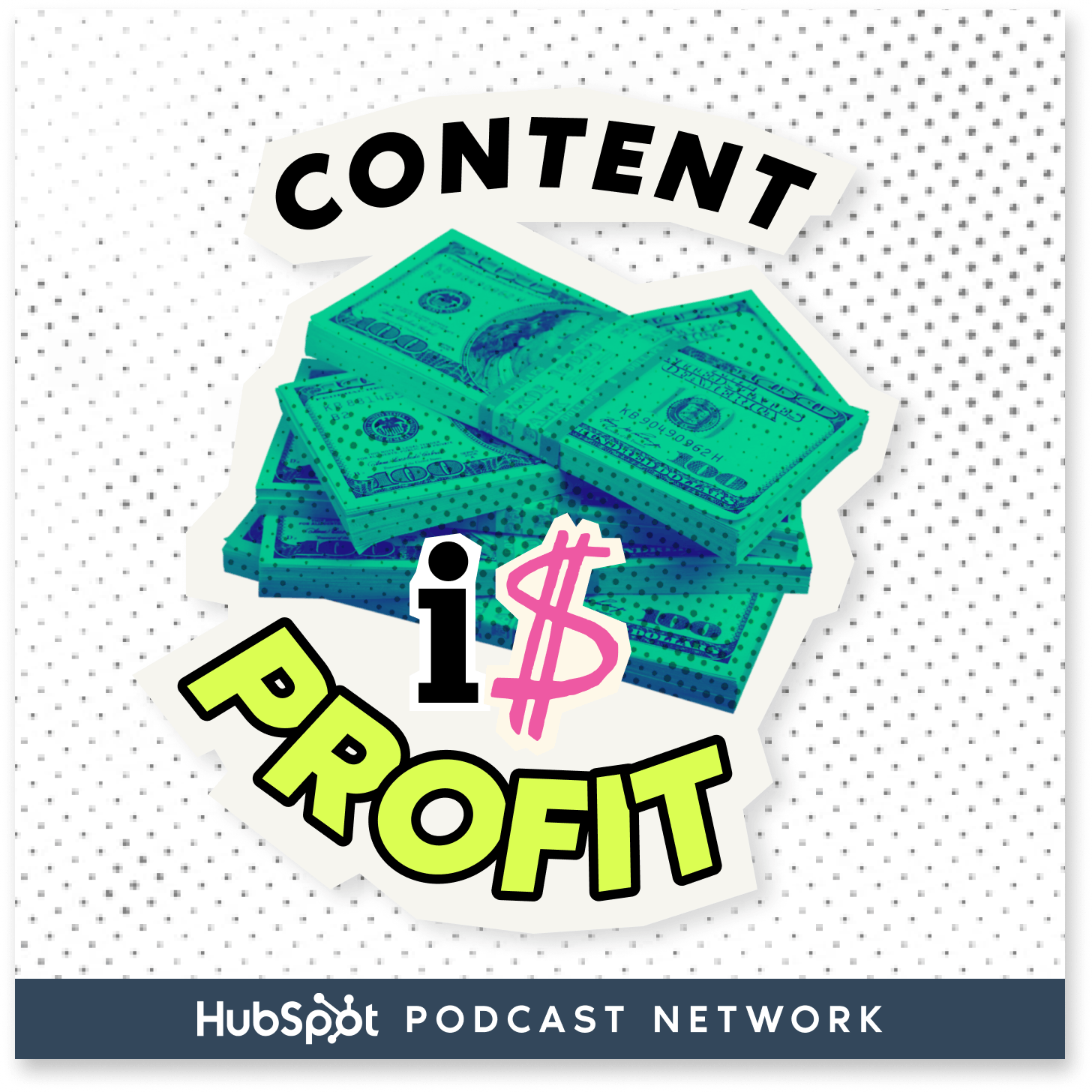
Content Is Profit
BIZBROS
Win The Content Game
Deirdre Tshien - CEO & co-founder of Capsho, AI-powered Content Marketer (the fastest way to repurpose and market your expert content)
Fastlane Founders and Legacy with Jason Barnard: Personal Branding, AI Strategies, and SEO Insights
Jason Barnard Entrepreneur and CEO of Kalicube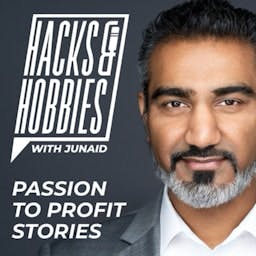
Hacks and Hobbies with Junaid Ahmed
Junaid Ahmed
I Have A Podcast by Vinnie Potestivo
Vinnie Potestivo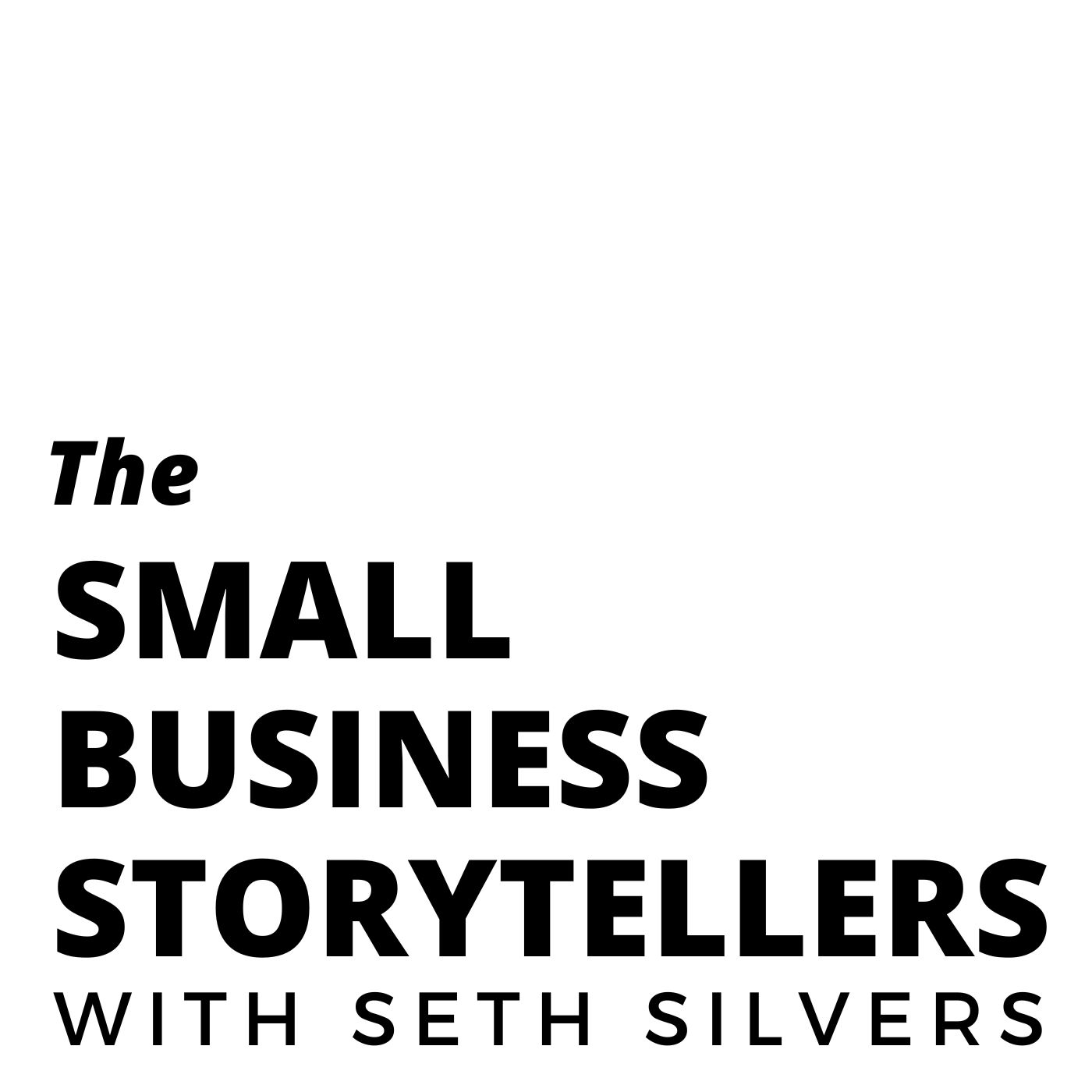
The Small Business Storytellers with Seth Silvers
Seth Silvers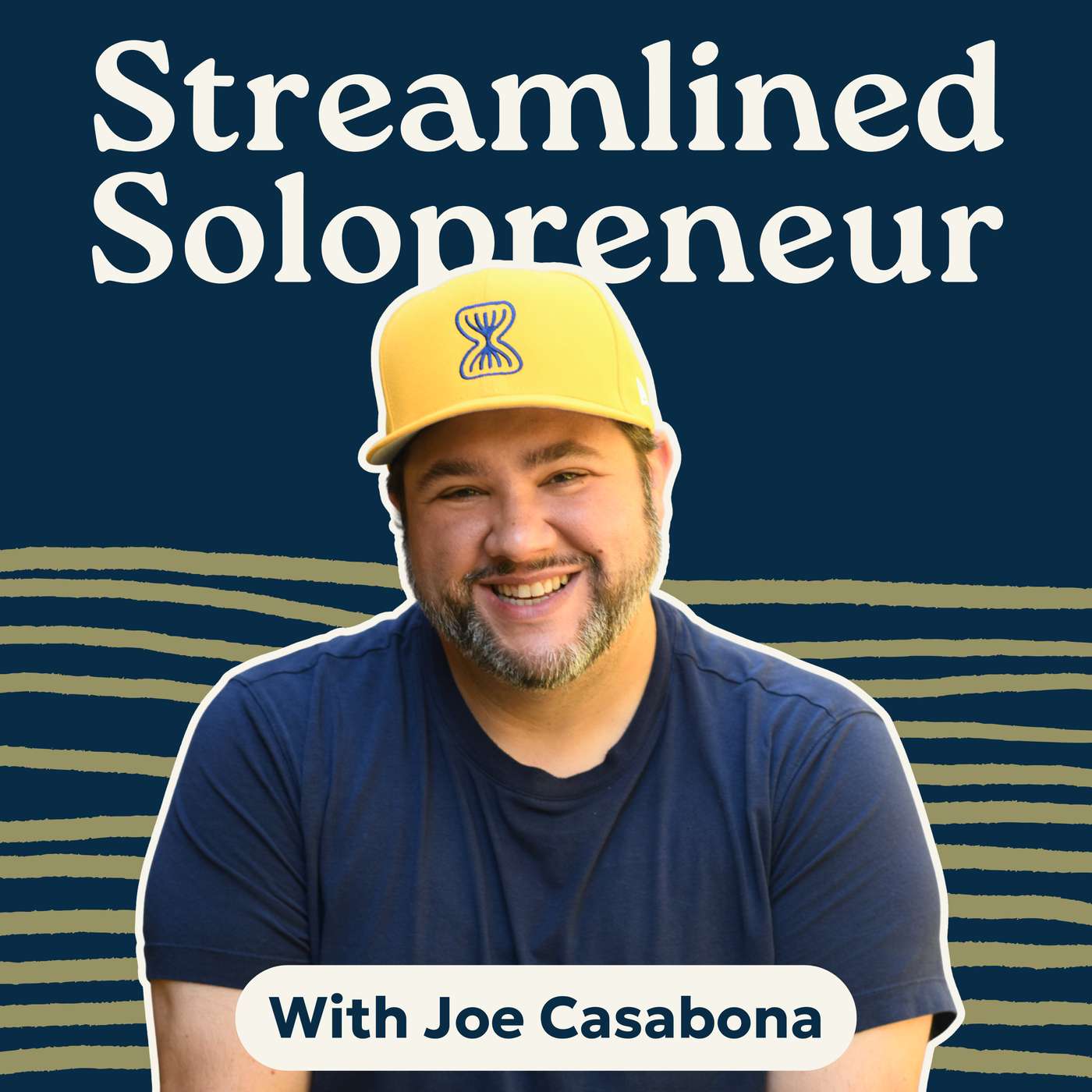
Streamlined Solopreneur: Tips to Help Small Business Owners Grow Without Burnout
Joe Casabona, Business Systems Coach
Insider Secrets to a Top 100 Podcast with Courtney Elmer | Podcasting Strategy for Business Growth
Courtney Elmer | PodLaunchHQ.comDo The Thing
Stacey Lauren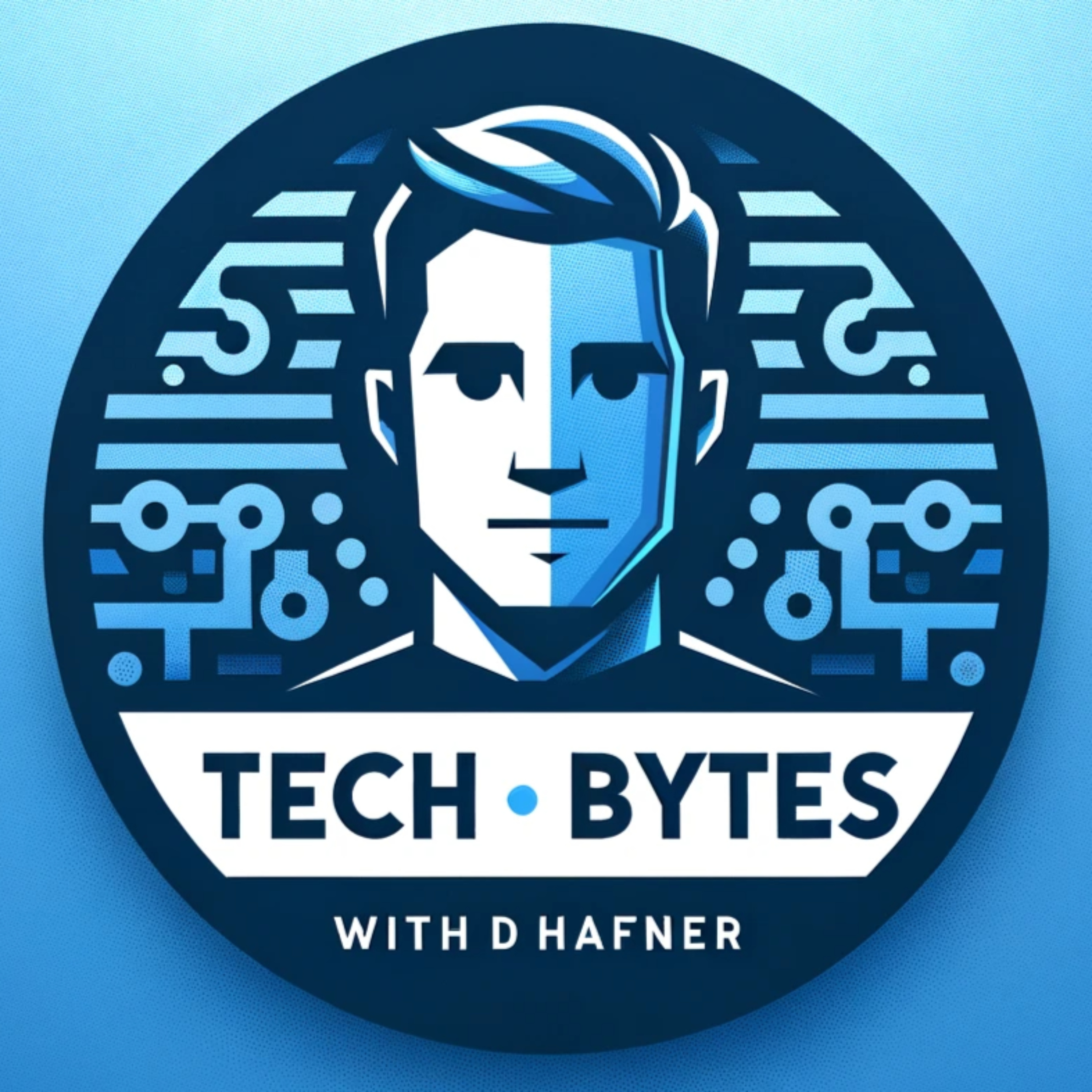
Tech Bytes - with Dan Hafner
Dan Hafner

